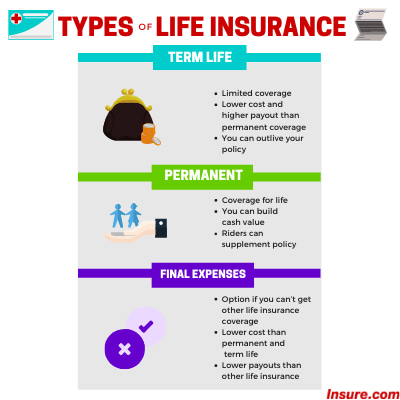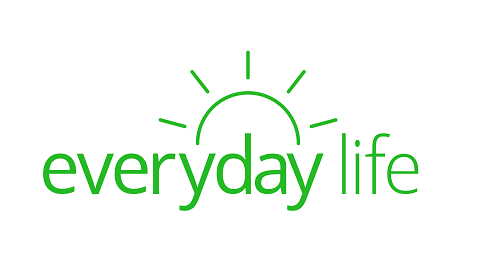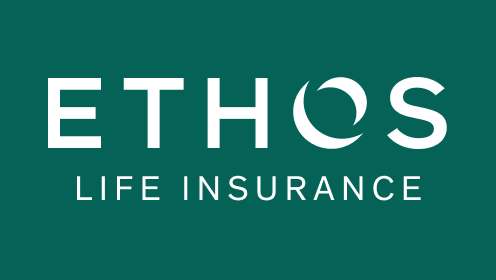Life insurance provides crucial financial protection for your loved ones after you die.
“At its core, life insurance is protection — a hedge against the unexpected,” says Aaron Ball, senior vice president and head of insurance solutions, service, and marketing at New York Life. “You are paying premiums in exchange for the promise that the insurer will be there when you need them.”
While you probably understand the importance of this coverage, choosing exactly the right type of policy can be a bit more complicated.
“There are different types of life insurance, and choosing a policy is an important decision,” says Brian Bayerle, senior actuary at the American Council of Life Insurers. “Everyone’s needs are different.”
Though there are many different types of life insurance coverage, term and permanent life insurance are the most popular. However, the type you need depends on your individual circumstances.
Not sure where to start? We’re here to help. Check out our guide to the different types of life insurance to figure out which one is best for you.
KEY TAKEAWAYS
- There are multiple types of life insurance, including term life, whole life and final expense insurance.
- The best life insurance for you depends on what you want and need from coverage.
- Term life is usually less expensive than whole life, but you may outlive your policy.
What are the different types of life insurance?
There are many types of life insurance policies. Choosing the right coverage can help you get the most from your policy.

Term life insurance
Term life insurance provides coverage for a specific period — or term. For example, if you purchase a term life insurance policy, you typically will be covered for 10 to 40 years. Ideally, when your coverage expires, you no longer have major financial obligations — such as providing for your family or paying for a mortgage.
Term life is more affordable than permanent life insurance and generally more straightforward. It’s best to buy term insurance during your peak earning years while raising a family.
“Term insurance is often used to cover financial obligations that will disappear over time, such as tuition or mortgage payments,” Bayerle says.
Types of term life insurance
- Level term life insurance: This is the most common type of term life insurance. Both premiums and the death benefit stay the same as long as the policy is active.
- No-medical exam: A no-medical exam policy doesn’t require an in-person physical exam to qualify for coverage but instead reviews your existing health records. While people with minimal health concerns are good candidates for this coverage, many companies are opening up no-medical exam policies to individuals across all health profiles.
- Annual renewable term (ART): An annual renewable term policy is a short-term policy lasting one year but with the option to renew each year. The premium rates are usually lower than what you’d pay for a similar term policy but increase each year they are renewed.
- Decreasing term insurance: With a decreasing term insurance policy the coverage amount decreases over time, but your premium stays the same. This type of term insurance is often purchased if you have specific debt or loans that need to be paid off.
- Group life insurance: Group life insurance is a type of coverage that groups provide to their members. Typically, the group is an employer and the members are the employees, but other fraternities and groups offer policies as well. While it’s easy to qualify for coverage and group life insurance costs are cheap — and often free — the type of coverage you receive is limited.
Permanent life insurance
Unlike term life insurance, a permanent life insurance policy doesn’t expire after a specific period — it remains active for your entire life.
“Your rate is locked in with no end date, ensuring your assets are protected for the long term with a guaranteed death benefit,” Ball says.
Permanent life insurance policies are not for everyone — but if you’ve maxed out your investments, are leaving behind an inheritance, or have a long-term dependent, a permanent life insurance policy could be useful. Additionally, permanent policies have a cash value, which is an investment-like component that can be used while you are alive.
“Cash value takes time to grow,” Bayerle says. “But after several years, a policy’s cash value can offer policyholders several options.”
You should consult a certified financial planner to determine which type of life insurance is the best for you.
Types of permanent life insurance
- Whole life insurance: The cash value component grows over time and can be dipped into during your lifetime. Whole life policy earnings usually grow faster than your mortality cost — which is the cost to insure you — during your life.
- Universal life insurance: With a universal life insurance policy, you can raise or lower your coverage or premiums as your needs change. This type of policy also allows you to build a cash value account that typically earns money at market rates of interest.
- Variable life insurance: Variable universal life insurance offers the policyholder a savings component that can be used to invest in stocks, bonds and other instruments. The upside is that a variable life insurance policy’s value has the potential to grow quickly. But if the market doesn’t perform well, it can negatively affect the cash value and death benefit.
Burial insurance
Burial life insurance, also known as final expense insurance, guarantees families a death benefit to cover end-of-life expenses, such as a funeral or final medical expenses. It is more expensive than term or whole life insurance and offers far less coverage, but provides some financial security for people who cannot get a traditional term or whole life insurance policy.
Types of burial insurance
- Guaranteed issue life insurance: Applicants are almost always accepted regardless of their health profiles. Coverage is low and prices are high, but it is a substitute for people who need coverage for final expenses.
- Simplified issue life insurance: Simplified issue provides coverage for people with moderate health problems that disqualify them from traditional coverage. Like guaranteed issue, coverage is relatively low and prices are high.
What type of life insurance is best for you?
Choosing the right life insurance depends on what you want out of your coverage, but for most people, term life insurance is the right choice. It offers simple, affordable coverage that lasts decades. By the time it expires, you should be ready for retirement and hopefully, no longer have any dependents or financial obligations.
However, others may find permanent life insurance more valuable. Permanent life insurance options offer a solid investment alternative for people with a high net worth. If you’ve maxed out your 401(k) and are looking for other investment options, a permanent life insurance policy could be useful.
Meanwhile, people who aren’t eligible for traditional life insurance may need to get burial insurance, which offers some coverage even if you are in poor health.
Basically, the type of life insurance you need depends on your circumstances. Speak to an independent life insurance broker so that you’re getting the best policy for you.
When deciding on life insurance, make sure to get quotes from multiple life insurance companies. If you need assistance in deciding on coverage, Insure.com’s insurance advisor tool is here to help.
Expert Tip- For young couples facing a mortgage and college education, a 20- or 30-year level term may provide the assurance that the family needs at minimal costs. On the other hand, a family further along in life where they are looking for a form of payment that will develop a savings reserve may look to universal life or whole life insurance. Term insurance is always better than no insurance. -Robert Maloney, chief listener and a fee-only retirement planner at Squam Lakes Financial Advisors in Grafton County, New Hampshire.
Compare the different types of life insurance
Let’s take a look at the different life insurance types to help compare plan types.
| Life Insurance | Length of policy | Is there a cash value? | Death benefit |
|---|---|---|---|
| Term | Often between 10 and 40 years | No | Fixed |
| Whole | Lifetime | Yes | Fixed |
| Universal | Lifetime | Yes | Adjustable |
| Variable | Lifetime | Yes | Variable |
| Final expense | Lifetime | Yes | Fixed |
| Group | Connected to employment | No | Fixed |
At the end of the day, the type of coverage you get depends on your individual needs. Make sure to consult with a professional so you’re getting a policy that works for you.










